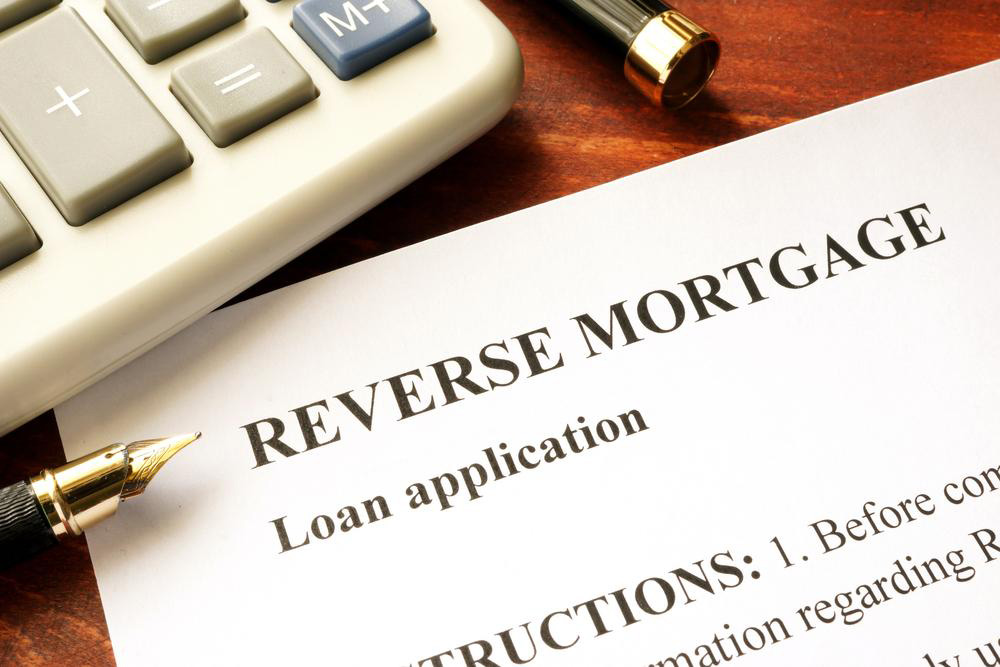Understanding Mortgage-Backed Securities
Mortgage-backed securities are secure investments backed by real estate, providing liquidity and stability. This article explains their features, benefits, risks, and historical context, helping investors understand their role in the housing finance system.

Understanding Mortgage-Backed Securities
Mortgage-backed securities (MBS) are secure investment instruments backed by a collection of mortgage loans. These bonds are secured by real estate properties. When homeowners default, investors can claim the properties to recover their investment. Lenders often sell mortgages to banks or government-sponsored enterprises (GSEs), which bundle multiple loans into securities for investor purchase. The interest paid by homeowners on their mortgages funds the returns for these investors. This system helps maintain liquidity and supports housing affordability.
Let’s explore what makes mortgage-backed securities appealing to investors.
Liquidity
Mortgage-backed securities enable quick sale at market value, providing liquidity for lenders and investors. Banks and GSEs provide cash to originators for new loans, while investors buy these bonds, injecting capital into the market. This securitization process supports housing finance and aids in subsidizing homes for low-income families through government programs.
Security
These securities are considered relatively safe because they are backed by real estate assets. In case of loan defaults, properties can be sold to cover losses, which makes these bonds less risky compared to unsecured loans and yields lower interest rates than corporate bonds.
Risk transfer
When banks transfer mortgages to GSEs, they receive cash and reduce their exposure. GSEs, with a higher risk appetite, assume ownership of these loans, helping banks manage their risk profiles.
Related reading: 10 Tips for Securing a Mortgage
Advantages of mortgage-backed securities
Mortgage-backed bonds often have lower borrowing costs compared to unsecured bank loans or lines of credit because they are collateralized. They typically offer lower interest rates than riskier corporate bonds, making them an attractive investment option.
Stable interest rates
Interest rates on mortgage-backed securities tend to be stable. Banks or GSEs resell mortgages at market rates. If rates are too low, they avoid accepting the loan; if too high, they see it as too risky, which helps keep interest rate fluctuations minimal.
Lessons from the 2008 crisis
The 2008 financial crisis highlighted the risks of bonds backed by subprime mortgages, which defaulted in large numbers, leading to significant investor losses. This event underscored the importance of credit risk assessment in mortgage securities.









